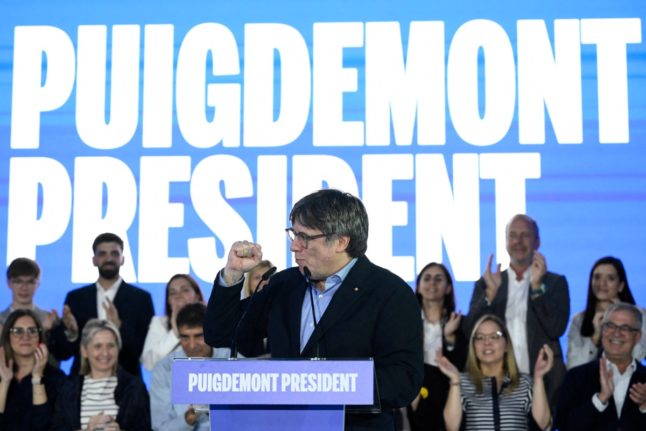Spain’s largest delivery pizza firm Telepizza blamed a lack of growth in company accounts on “political uncertainty and loss of consumer confidence”.
Pablo Juantegui, the CEO of the Telepizza group told reporters at a meeting on Wednesday that “the state of political uncertainty has slowed consumption and that can be seen in a decrease in average spending per customer purchase.”
“Until May we had customers who bought more often and in bigger quantities,” he explained.
Telepizza has seen its share price plummet since being first publically listed on Spain's stock market in April, dropping from €7.75 to €4.23.
But despite the losses Telepizza announced expansion plans for Spain with the opening of 200 new stores, according to a report in Spain’s financial newspaper Expansión.
Spain's has suffered political paralysis since December 20th when the election failed to give any party an absolute parliamentary majority, as upstart groupings Ciudadanos and Podemos shook up Spain's long-established two-party system.
A repeat election in June failed to break the deadlock and Spain look set to suffer another general election at Christmas if political parties continue to fail to reach pacts to form a government.
Despite the fact that Spain is being managed by a caretaker government the economy is expected to continue to grow, with a forecast growth of 2.9 percent for 2016.



 Please whitelist us to continue reading.
Please whitelist us to continue reading.
Member comments